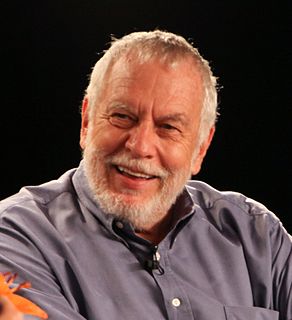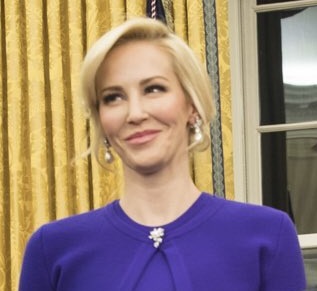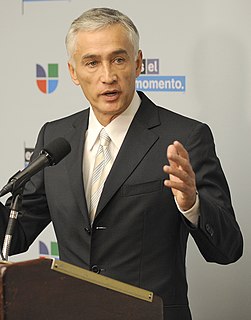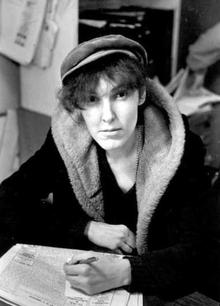A Quote by Assata Shakur
My experience in the United States was living in a society that was very much at war with itself, that was very alienated. People felt not part of a community, but like isolated units that were afraid of interaction, of contact, that were lonely.
Related Quotes
Most of us who were opposed to the war, especially in the early '60's - the war we were opposed to was the war on South Vietnam which destroyed South Vietnam's rural society. The South was devastated. But now anyone who opposed this atrocity is regarded as having defended North Vietnam. And that's part of the effort to present the war as if it were a war between South Vietnam and North Vietnam with the United States helping the South. Of course it's fabrication. But it's "official truth" now.
There was a lot of dialogue between the people who were developing Flickr and their users to get feedback on how they wanted Flickr to develop. That interaction made the initial community very strong, and then that seed was there for new people who joined to make the community experience strong for them, too.
The Italian journalist Oriana Fallaci used to say that for her, an interview was like a war. I get the sense that we've forgotten that here in the United States. You turn on the TV, and you see very bland interviews. Journalists in the United States are very cozy with power, very close to those in power.
Toward the end of the campaign, we interviewed some voters in Raleigh, N.C., which is a generally Democratic city, and I'm thinking of a young couple. They had two kids. They described themselves as Christian. They oppose gay marriage. And they were saying that even though they didn't like Donald Trump, they were thinking of voting for him. And one of the reasons was they felt that they were - their very views were making them socially unacceptable. They were feeling a little alienated from the world.
These events are swirling around them. In the white community, people felt like they had no control over their neighborhoods, their destiny. In the black community, centuries of government and economic forces were pushing on them. I went in with a kind of arrogance, maybe, that came from living in a very intellectual family, and I left knowing that there was a lot about the way people lived that I didn't know about.
By the end of the 1960s, the United States owned more than half of the Indian rupee money supply, and that had been acquired through food aid. So I think it's very interesting to see the very long history of how sovereignty and food go together. When some countries remove another country's ability to feed itself, it is a very powerful tool. Imperialist countries, like the United Kingdom, like the United States, have used it for centuries.
After 9/11 we were prepared to use military force. We were prepared to go after not only the terrorists, but those who sponsor terror and provide sanctuary and safe harbor for them. We were prepared to use our intelligence assets the way we would against an enemy that threatened the United States itself, to put in place, for example, things like the Terror Surveillance Program and to have a robust interrogation program on detainees. Those are the acts you take when you feel you're at war and that the very existence of the nation is threatened.
The Goons were always one of our favourites; we always felt we were in that tradition - Goons, Monty Python, Peter Cook, Vic and Bob, Spike Milligan. We felt we were part of that lineage, but in England, it wasn't happening like that. There was a brand of comedy like 'The Office,' which was very real.
There was a time when Istanbul was one of the safest cities in the world, because people were afraid of the police. People are no longer as afraid of the police as they used to be. Mugging used to be almost unknown; now everybody is afraid of mugging. In that sense, the downside of liberalization is already being felt in Turkey. And of course some people are afraid of Kurdish ethno-terrorism, which worries Turks very much more than the religious sort.




































